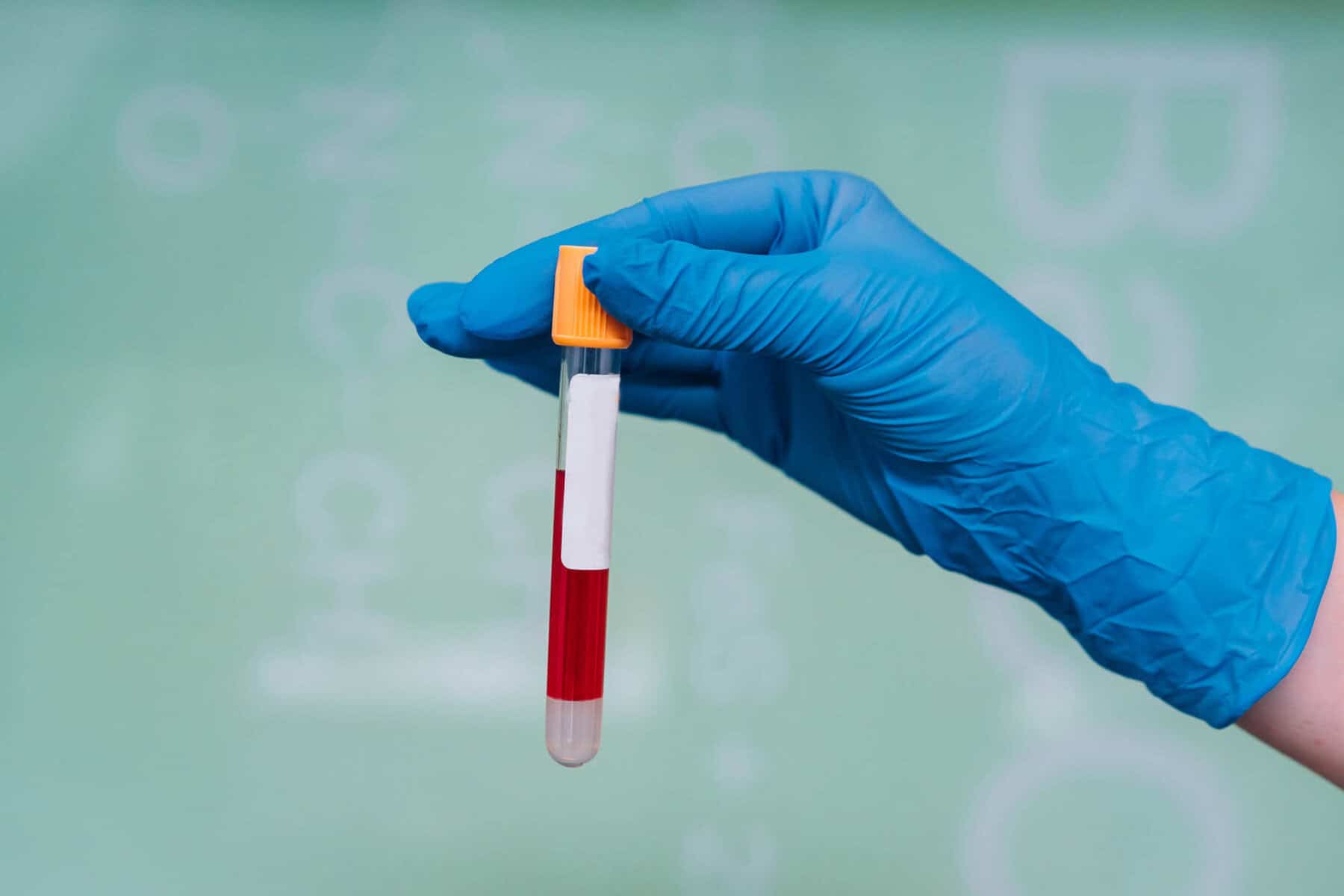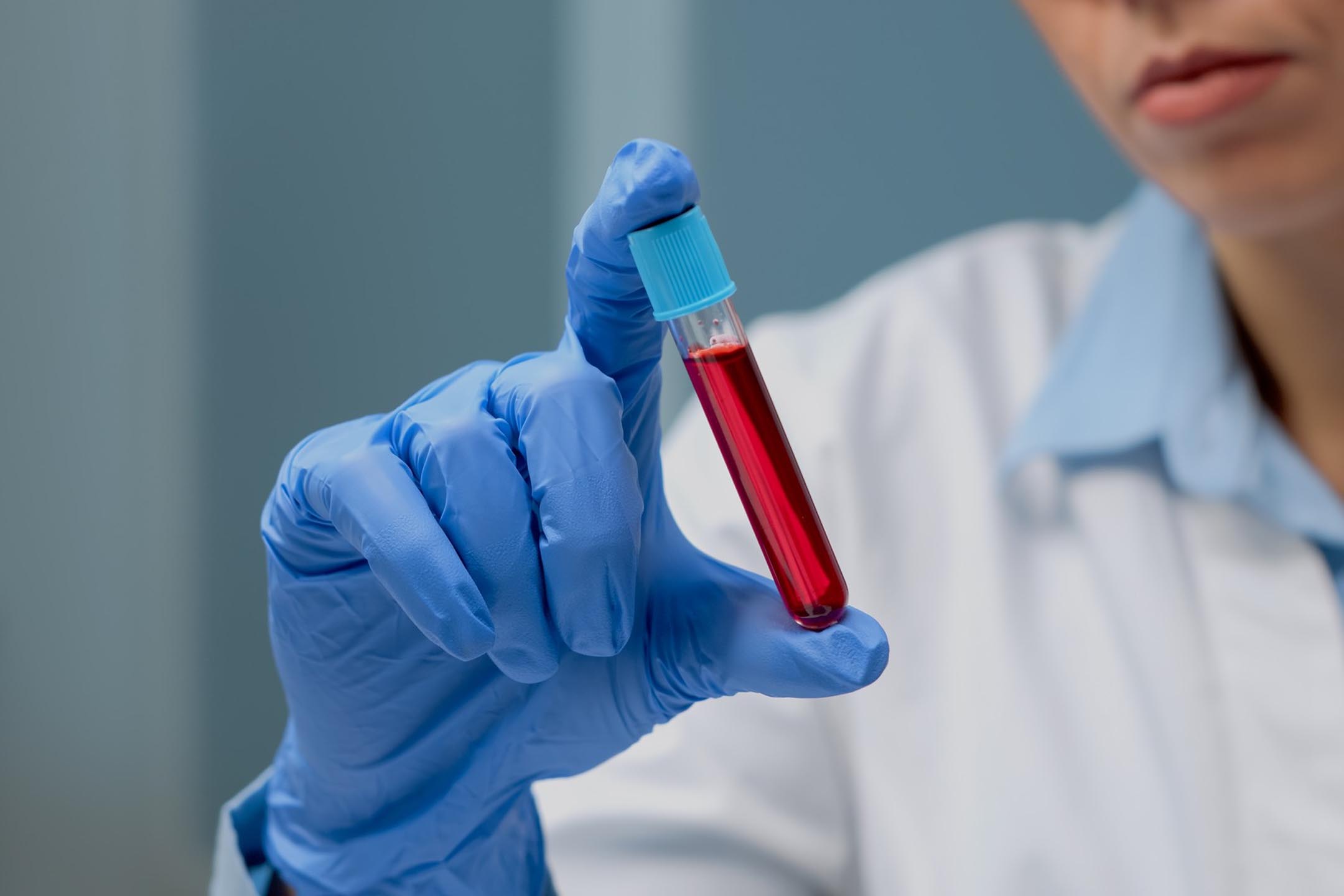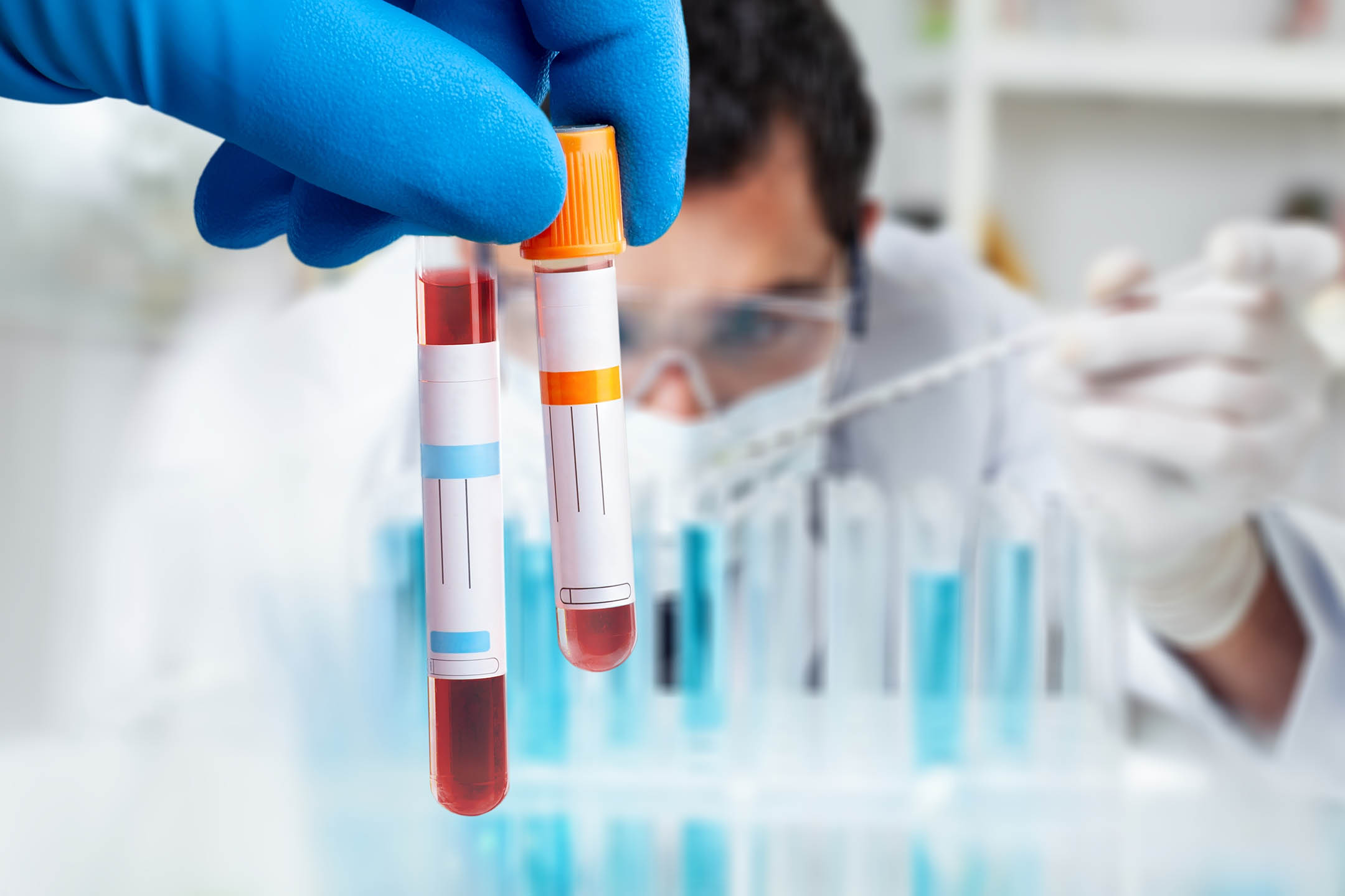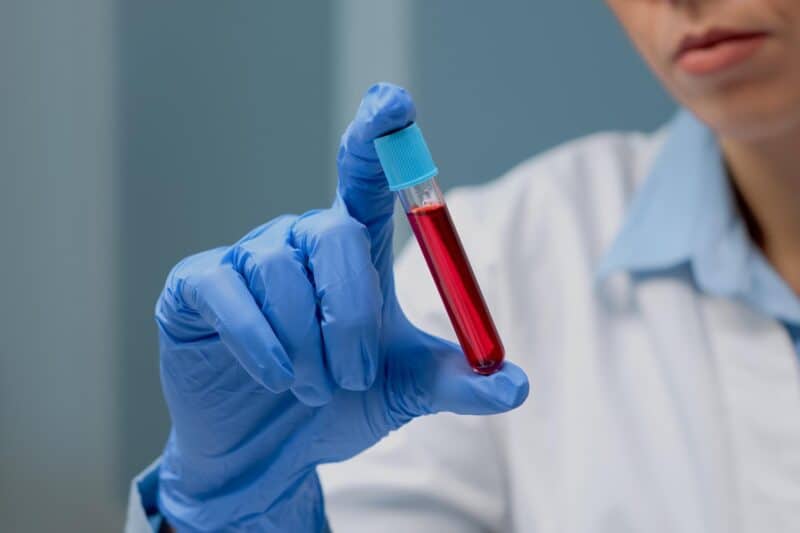Platelet Count Test
This blood test provides important information about your blood’s ability to clot and can help detect underlying health conditions.

What is a Platelet Count Test?
The platelet count test measures the number of platelets in your blood – small cell fragments that help with clotting. It is part of a routine full blood count and can indicate whether your platelet levels are too high or too low, which may signal infections, bone marrow disorders or autoimmune conditions. This test is often used to investigate symptoms such as bruising, bleeding or inflammation.


Why is a platelet count test carried out?
A platelet count is used to assess how well your blood can clot and to help identify causes of unexplained bleeding, bruising or prolonged wound healing. It’s also commonly used to monitor known blood conditions or the effects of certain medications.
What is a normal platelet count range?
A typical platelet count falls between 150,000 and 450,000 platelets per microlitre of blood. Levels outside this range may not always indicate a serious problem, but persistent abnormalities should be reviewed by a healthcare professional. The interpretation depends on your symptoms and the results of other blood tests.
What does a low platelet count (thrombocytopenia) mean?
Thrombocytopenia means your platelet count is lower than normal. This may be due to viral infections, certain medications, autoimmune conditions or bone marrow disorders. In some cases, it can lead to easy bruising, prolonged bleeding or frequent nosebleeds. A significantly low count may require further testing to determine the underlying cause.
What does a high platelet count (thrombocytosis) mean?
Thrombocytosis refers to a raised platelet count, which may occur in response to inflammation, infection or physical stress. Less commonly, it may be linked to bone marrow conditions such as essential thrombocythaemia. A persistently high count should be assessed alongside other markers to determine its significance.
Can a platelet count test detect cancer?
A platelet count test cannot diagnose cancer directly, but abnormal platelet levels can sometimes be associated with certain cancers, particularly those affecting the bone marrow. If other symptoms or test results raise concerns, your clinician may recommend further investigations.

Platelet Count Test FAQs
- What does a platelet count test measure?
It measures the number of platelets in your blood, which are essential for normal blood clotting and wound healing.
- Is a platelet count included in a full blood count?
Yes. Platelet count is a standard component of a full blood count, which also includes red and white blood cell measurements.
- Can stress or illness affect platelet levels?
Yes. Acute stress, infection or inflammation can cause temporary changes in your platelet count, so results should always be interpreted in context.
- Do I need to fast before a platelet count test?
No, you can eat and drink normally before your appointment for a platelet count test.

Why Choose The Forbury Clinic?
At The Forbury Clinic, we understand that unexplained bruising or persistent bleeding can be concerning. Our experienced team offers prompt, consultant-led testing using the latest diagnostic techniques. We deliver clear, accurate results and can arrange follow-up care where needed, all within a calm and reassuring clinical environment. Whether your test is part of a routine health check or a targeted investigation, we’re here to guide you with professionalism and compassion throughout your journey.
Book a full blood count today to check your platelet levels and gain clarity on your symptoms.








